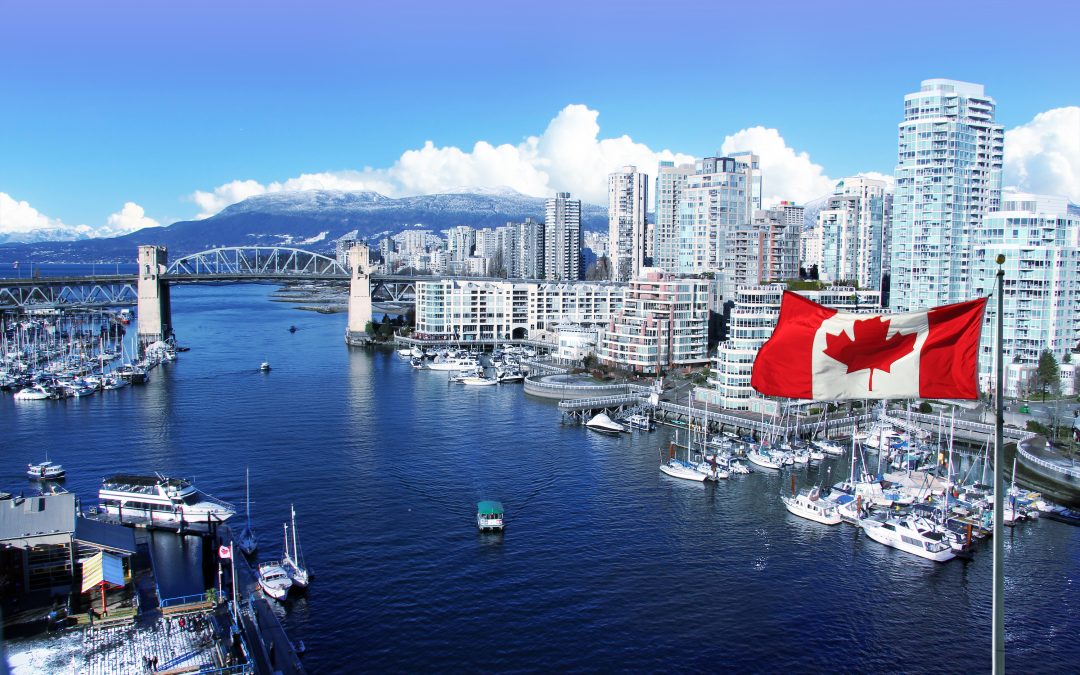Canada’s first permanent cap on fees charged to restaurants by food delivery companies went into effect in British Columbia on January, 1, 2023, giving restaurant owners certainty about their costs from companies like DoorDash and Uber Eats.
“When restaurants were being charged unfair fees, our government acted fast to implement a temporary cap on delivery-service fees. We’re excited to bring in a permanent cap in the new year that will provide more support to restaurants,” said Brenda Bailey, minister of jobs, economic development and innovation.
The Food Delivery Service Fee Act passed on Nov. 3, 2022, in response to delivery companies charging fees to restaurants as high as 30 percent of an order’s value during the pandemic. It followed a temporary cap put in place in December 2020, and extended in September and December 2021.
The permanent cap limits fees that delivery companies can charge to restaurants to no more than 20 percent of the dollar value of an order.
The Act also keeps drivers in mind, preventing companies from downloading those extra costs onto drivers ensuring employees and contractors will continue to be paid wages and gratuities adequately.
“We’ve seen dramatic growth in app-based delivery work in recent years,” said Janet Routledge, parliamentary secretary for labor. “But we need to ensure workers are treated fairly.”
The act does allow third-party delivery companies to offer optional, enhanced services for restaurants to opt into at their discretion, such as marketing, for additional fees.
British Columbia follows similar third-party delivery laws previously adopted in the U.S., in Philadelphia, Seattle, Minneapolis and San Francisco. The states allow restaurants to opt-in for additional charges for services like advertising and marketing while capping basic delivery service at 15 percent.
Meanwhile, New York City is the only major city where a hard fee cap is permanent. The city caps delivery fees at 15 percent and all other services at 5 percent.
DoorDash, Grubhub, and Uber sued the city in an attempt to lift the permanent fee cap in 2021. The lawsuit continues as a new bill makes its way through city council members, to amend the current 5 percent cap on all other fees, including marketing while retaining a 15 percent cap on basic delivery fees.
Legislatures often cite mom-and-pop shops for taking the brunt of financial blows from delivery service fees. Arguing that many independent restaurants cannot afford the fees, nor can they compete with larger restaurants that can pay more for marketing on the app.
Meanwhile, app companies argue independent restaurants are harmed by the cap because it prevents them from having the option to pay for more visibility. Adding that the overall delivery fee cap often means increasing the price of service to consumers.
As third-party delivery companies, legislatures and restaurant operators continue to spar over cap fees, it will be interesting to see what formats cities adopt play out best in the long run, as more and more cities worldwide look to these major hubs as references.


